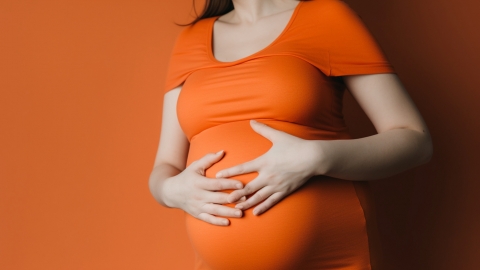Is it safe to have sexual intercourse during early pregnancy?
Sexual intercourse generally refers to engaging in sexual activity. Under normal circumstances, sexual activity should be avoided during early pregnancy. The specific reasons are as follows:

During early pregnancy, the embryo's implantation is not yet stable and the placenta has not fully formed; the uterus is particularly sensitive at this stage. During sexual activity, the uterus may be stimulated, triggering uterine contractions and increasing the risk of miscarriage. At the same time, hormonal changes occur in the pregnant woman's body and the vaginal environment also changes, making infections more likely due to sexual activity, which could affect the health of both the pregnant woman and the embryo. Therefore, sexual activity should be avoided during early pregnancy.
Extra attention should be paid to rest and avoiding strenuous activities during early pregnancy. Maintain good hygiene of the external genitalia, change underwear frequently, and reduce the risk of infection. Both partners should understand and support each other, jointly focusing on the health of the pregnant woman and the embryo. If discomfort such as abdominal pain or vaginal bleeding occurs, prompt medical attention is necessary. Maintaining a positive emotional state will help provide a stable environment for embryonic development.





